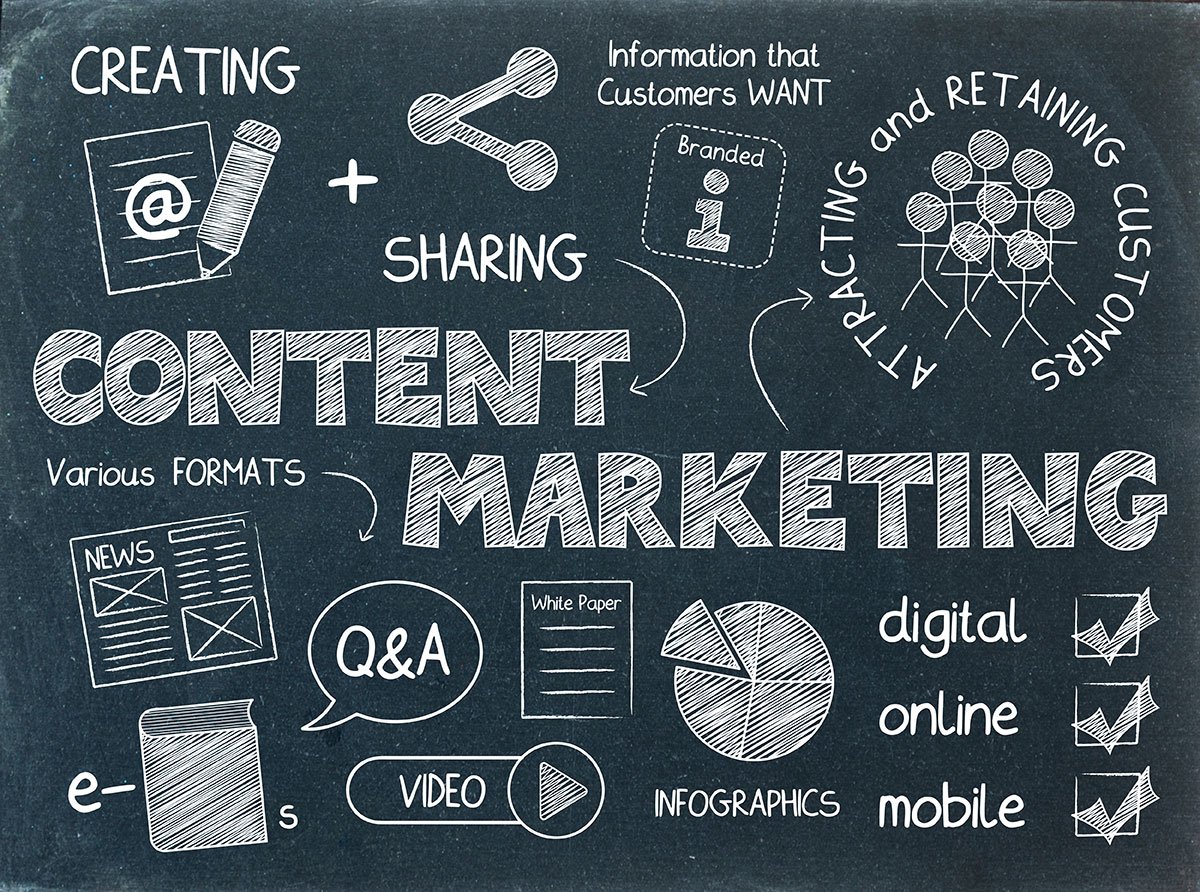Influencer Marketing Is Like Trying To Buy Social Currency
Like trying to buy press, or paid backlinks, influencer marketing goes against the very principles of Web 2.0, buyer-centric, marketing. It is effectively trying to buy social currency, which can’t be done.

Influencer marketing is a regrettable trend. We’re not saying it never works. We’re saying it appeals to businesses and agencies that don’t fundamentally understand how marketing works in the Selective Consumption, Web 2.0, Economy.
Influencer marketing is trying to enjoy a reputation through association with something an audience already likes.
It’s often a ‘mention’ (itself deceptive) and less frequently, endorsement by a celebrity or person of note on the Internet, that’s often a) not for a product they actually like or use, and b) not broken-out into a de facto ad. In these ways, it’s like native content advertising – not even sponsored content, or advertorials; it’s a kind of lie or deception, and everybody is worse off for it.
We’ve all seen endorsements, or celebrity promotions, but those tactics are better suited for television and other mass media channels, and less sophisticated audiences. Why? Because the audience is captive, and even those are a kind of lie, right? Forrest Gump offers a great example of this. He gets $25,000 to pretend to use a ping pong paddle he never used. It’s no different when OJ Simpson is running through the airport to rent a car, or Christy Brinkley selling cheap gym equipment, usually to an elderly Matlock crowd, on cable television. It’s dated. It’s not aligned with Web 2.0 and modern marketing practices.

Like advertorials, ‘influencer’ marketing kind of works. On children, the suggestible, and the elderly. But it’s not how any premier marketing operation handles the problem of winning customers over.
To wit, we don’t advise influencer marketing. Here’s a breakdown of why it is failing and will continue to fail, excepting some fly-by-night companies:
- It works, sometimes, on simple people and trivial products. Don’t believe us? Try selling a six-figure software product to a group of engineers through ‘influencers’.
- Companies that use this method of marketing are seen a certain way. Top-tier products and brands don’t need to resort to influencer marketing, and therefore it says something if you do.
- It’s fundamentally a contradiction. As stated above, influencers get status – social currency – from helping others with copy, content, or opinions that benefit their audience. They have given to receive. It’s an overt conflict of interest to take money to recommend something, and it will always diminish their authority and credibility, even if they benefit financially through influencer marketing.
- It demeans ‘the influenced’ as well as the influencer.
- It eventually devalues social currency to the point that nobody listens to the former ‘influencer’, if practiced too much or too long. Influencer marketing is like printing your own social currency: Eventually, it’s so deflated that it has no value.
- Its very premise – that you can ‘game’ popularity or outsmart the public – is not true. If you could, Google would not exist. Terrible companies would simply buy the best search rank, irrespective of the actual value they offer. If you could ‘cut to the front of that line’ the systems of Google search and social currency (credibility, authority, favor) would have no value. But they have all the value.
- It uses buyers. Influencer marketing is focused on seller wins, and necessitates a dirty collusion between the Influencer and the company paying them, at the cost of the audience.
- There are alternatives that are honest. An endorsement from a user of a product is a great alternative. A company can still pay the person endorsing. Making the segment an ad, rather than a YouTube or TikTok video, is more honest. Showing the prize-winning boxer in your insurance ad, or the star running back in your rental car commercial, is socially acceptable.
- Because it relies on celebrity to get promoted – and not authentic quality or value or awesomeness – influencer-marketed products seldom get promoted beyond the Influencer.
Influencer marketing is another way for mediocre marketers to try to ‘cut in line’, which has been happening as long as digital or Internet marketing has existed. Does it work? Everything works, a little, sometimes, and for a while.





